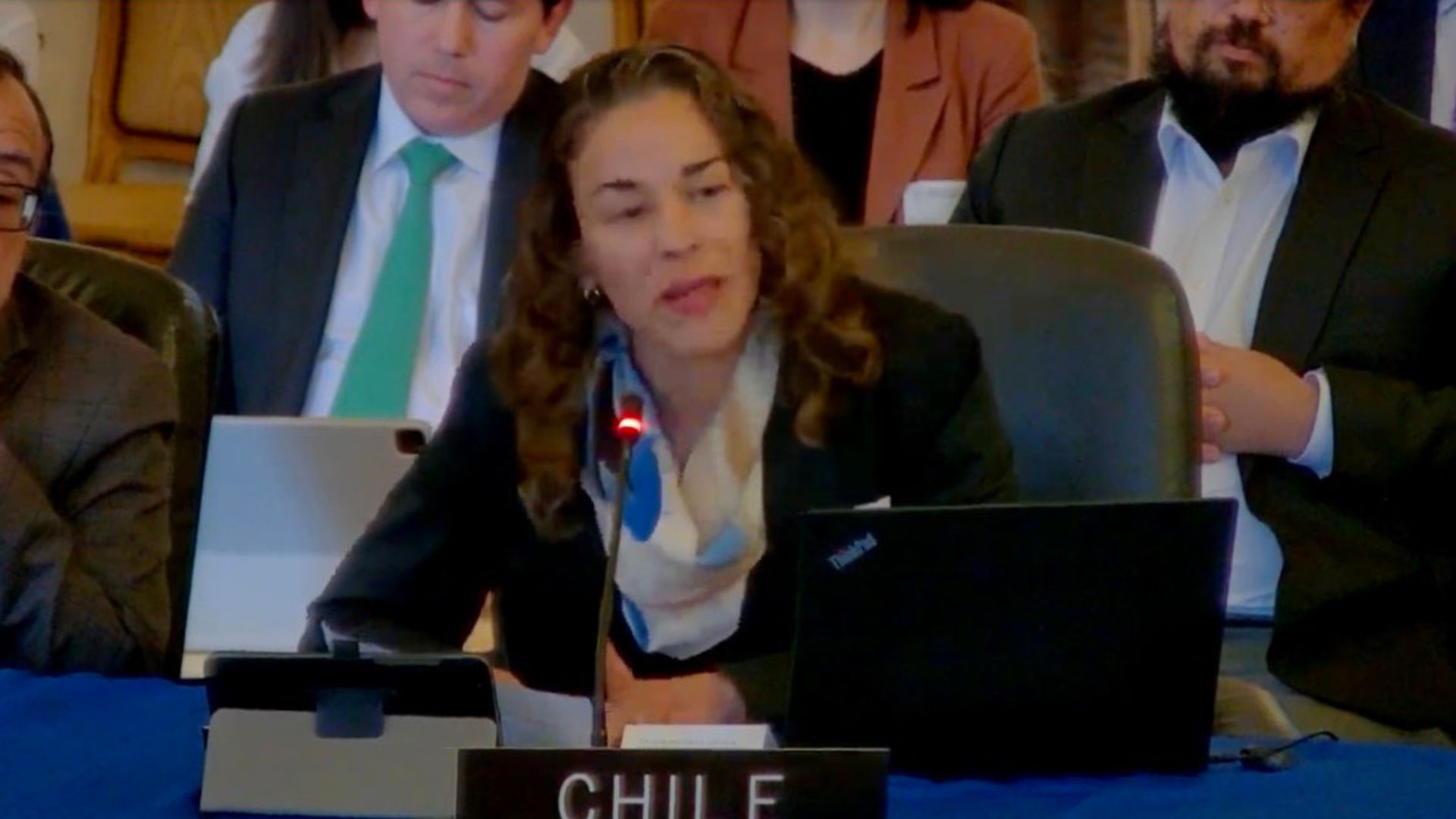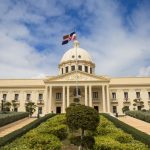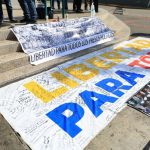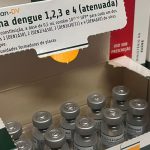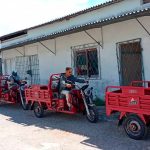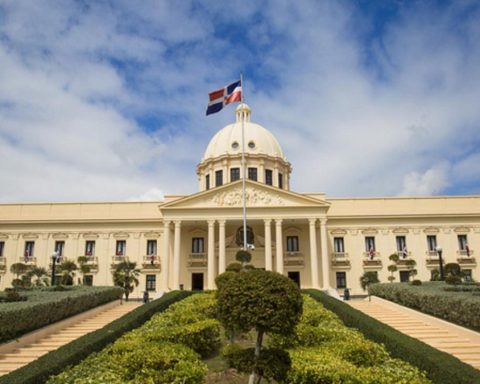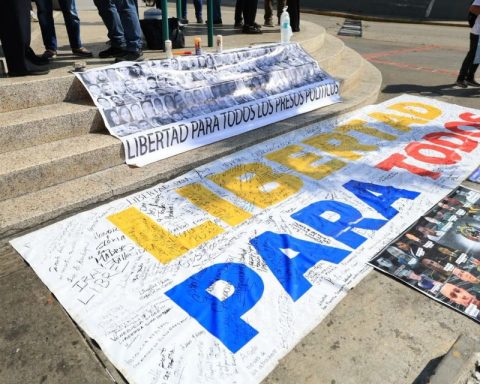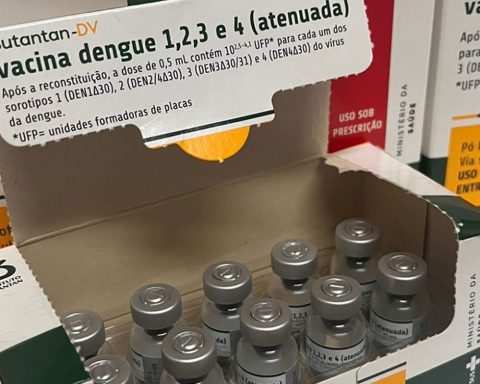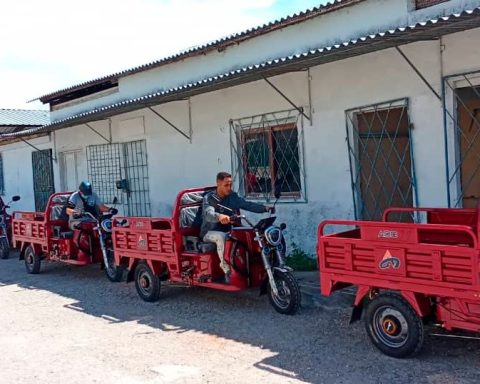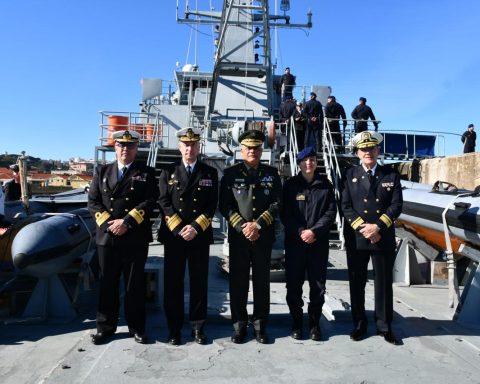The released Nicaraguan politician and activist Tamara Dávila denounced this morning before the Permanent Council of the Organization of American States (OAS) that Nicaragua is still “under terror” imposed by the dictatorship of Daniel Ortega and Rosario Murillo. Likewise, she offered her testimony of the “inhuman treatment” that she received as a political prisoner between June 2021 and February 9, 2023.
“Despite the fact that I was in some sense prepared to be arrested since I was subjected to surveillance and siege for months, my detention was very violent for my daughter and for me. Despite the fact that I opened the door and expressed that I would turn myself in, the policemen kicked the door down, stormed the house and disconnected the security cameras. Female officers beat me until I bled and dragged me into a patrol car,” said the human rights defender, at the OAS Permanent Council meeting.
Related news: I/A Court HR asks the OAS to apply a “collective guarantee” in the face of permanent contempt of Nicaragua
She added that during her detention she feared for her life and then she would be separated from her daughter and not see her for 14 months. “Imagine a 5-year-old girl who witnesses the violent assault of her house, the place that should be the safest for her. Armed people who record everything, who take her stories, her birth diary, her music, and who also take her mother. She constantly asked her grandmother “Grandma is my mom dead? Is that why I can’t see it?” That horror was experienced by dozens of girls, boys and families in Nicaragua,” Dávila lamented in a story that moved the ambassadors who were listening to her.
He stated that this whole situation and the conditions in which they found themselves had caused him a serious anxiety attack “which the jailers appeased with alprazolam.”
«On February 9 I was released, exiled, expatriated and deprived of my political rights along with 221 other people. We, and many other people, have been stripped of our assets, old age pensions, academic records and the civil registry itself, as if we did not exist. They have even deprived some of our sons and daughters of their last names,” adds Dávila’s testimony.
Likewise, he reiterates that despite the fact that he has been free for more than a month, he has not yet been able to be reunited with his daughter. For this reason, he regrets that the relatives of political prisoners are being held hostage by the dictatorship, assuring that “they are intimidated and watched, thus far preventing many from leaving for reunification.”
Dávila told the OAS member countries that “in Nicaragua the terror continues; 10 out of every 100 Nicaraguans have fled the country in the last five years; there are more than 37 political prisoners, including Bishop Rolando Álvarez. They suffer psychological and physical torture on a daily basis. We cannot forget them. Martin Luther King said that “injustice anywhere is a threat to justice everywhere.” This then falls to the international community and particularly to the Americas.”
«My mom taught me that all people -in any condition- have power. I used mine in that cell, to resist. My daughter will use hers, when she decides, to denounce the denial of her right to be and live with her mother and in her country. I myself am here now, using my voice to speak to you. You can also use yours. Act for a democratic transition in my country. For life, peace, and justice. For the end of crimes and impunity, “said the feminist.
Dávila presented her testimony of the imprisonment and exile to which she has been subjected, during a session of the OAS Permanent Council in the chair of the Chilean ambassador. Nicaragua experienced a similar situation in 1974, when the country was bled dry by the other dictatorship, that of the Somozas. On that occasion, the priest Miguel de Escoto (RIP) went to the OAS to denounce Somocismo, in a chair lent by Panama.
During this meeting, the president of the Inter-American Court of Human Rights now passed the issue of Nicaragua to the OAS so that a solution to the case of the member country can be found, according to the “seriousness of the situation,” as he explained in his presentation before the Permanent Council of the continental organization.
